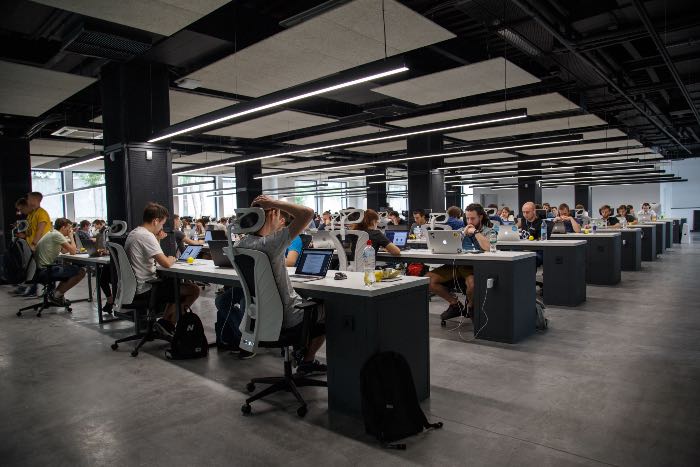
Because we all actually want it to change.
Since 2020, a seeming labor paradox has opened to the befuddlement of speculators.
Unemployment is at record lows while businesses can’t hire enough employees.
This reality isn’t actually a paradox. In fact, we made it quite inevitable.
The Illusion
This is the problem of mistaking part of a picture for the whole thing. We assume these two must be countermeasures. They aren’t.
The current labor market is the product of the very thing politicians, tech experts, and lifestyle gurus have pushed for years. Leave behind the 9-to-5.
Working from home encouraged self-employment. It has also encouraged workers and employers to become location independent. These are huge benefits to real people.
Of course, this makes driving through McDonald’s a pain. Fewer employees means slower drive-thrus. (And dealing with the passive aggressive signage about who bothers to show up for work makes me want to not show up to buy your food.)
The changing nature of work that fits more into the needs of what people, real people living real lives, need is a good thing. A really good thing.
Pair the trend toward healthier living with the coming labor efficiency problem (AI and the reducing need for human workers), and we’ve got a moment to re-engineer the game toward these long-term trends.
This may look like…
Making the service industry a middle-class lifestyle like we did for factory work in the 1940s and ’50s.
Reducing full-time to 24 hours which usually matches the productivity of labor mills in which people seem to live at their jobs.
Getting serious about Universal Basic Income (UBI) and universal healthcare, which would dramatically reduce the cost of labor, making innovation and start-ups far more likely.
Less benefit to shedding workforce so the engine toward automation won’t be wages and benefits, but the efficiency of the patron.
Work needs to change.
There’s no doubt about that.
The real question is whether or not we’re willing to make it work for us. And fight for a future in which we all can thrive.
